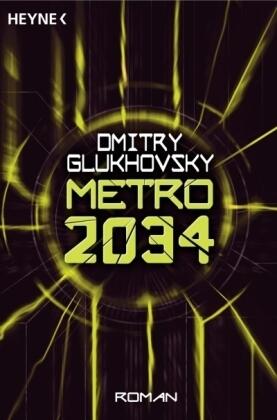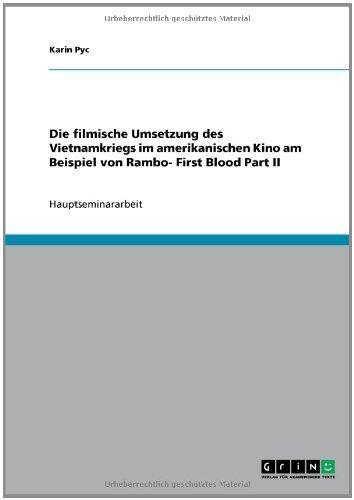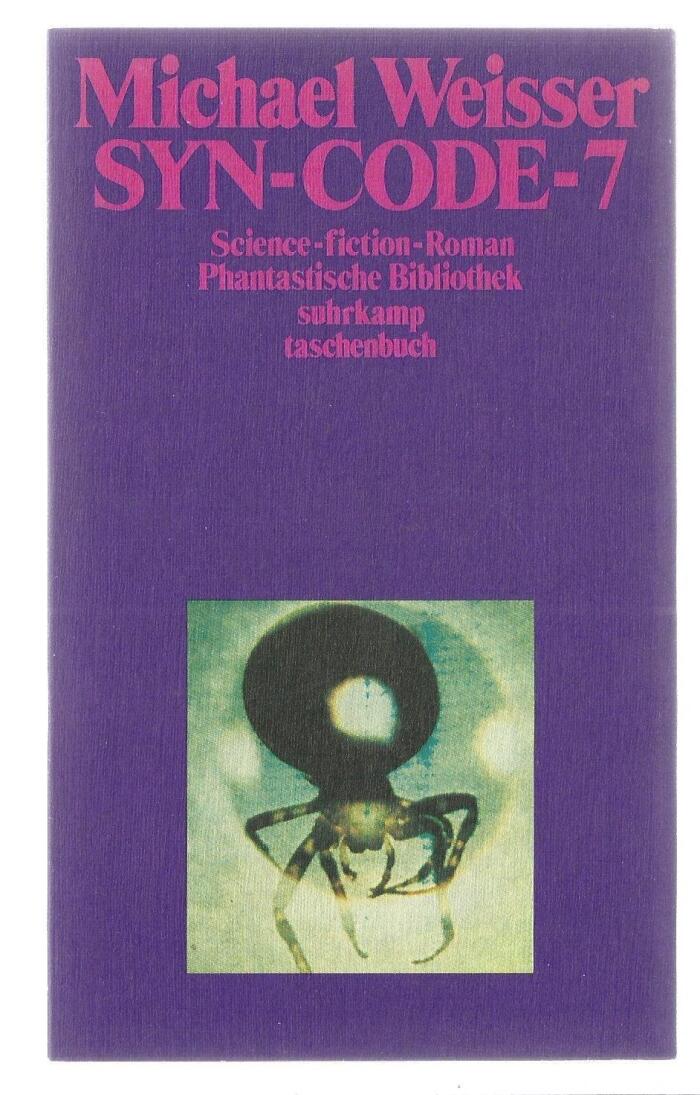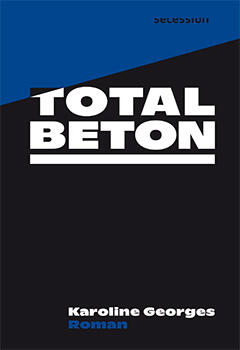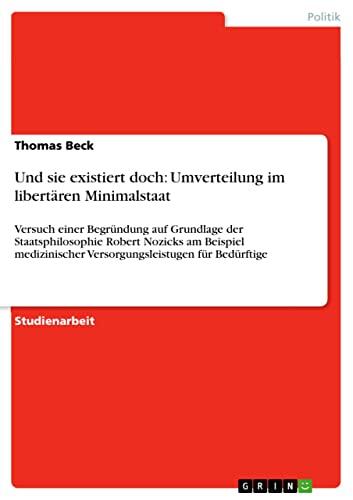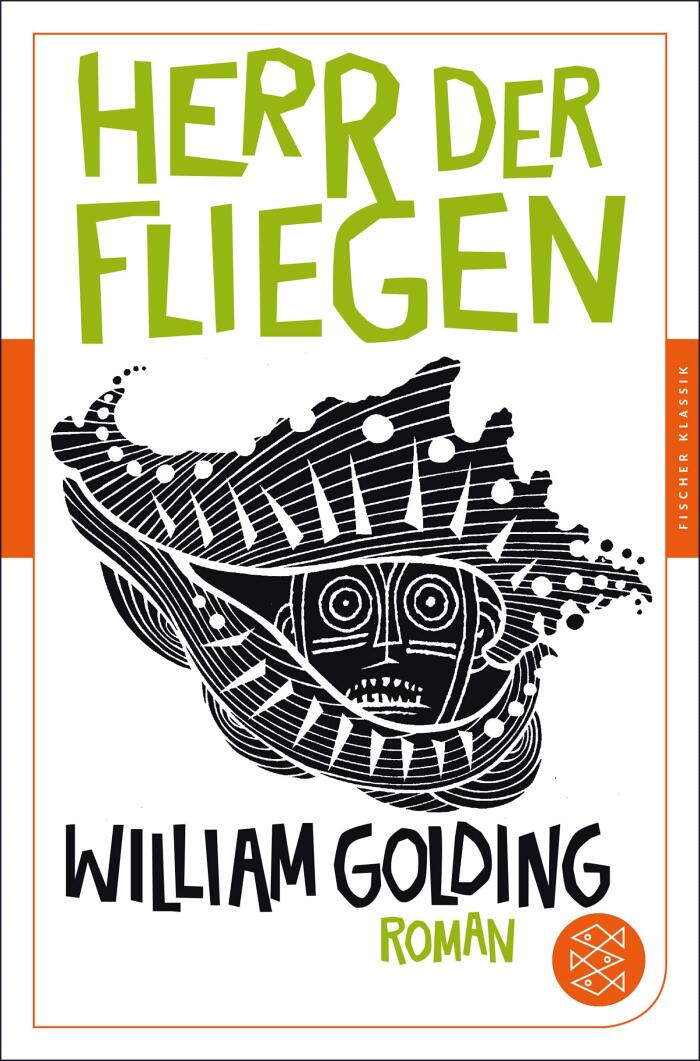
Reiseführer durch das Jenseits. Die Apokalypse des Paulus in der Slavia Orthodoxa
par
Nikolaos H Trunte
Pas encore d'évaluations
Dystopian
Format
Broché
Pages
360
Langue
Allemand
Publié
Jan 1, 2013
Éditeur
Peter Lang GmbH, Internationaler Verlag der Wissenschaften
Édition
New
ISBN-10
386688320X
ISBN-13
9783866883208
Description
In this insightful exploration, Nikolaos H. Trunte delves into the intriguing intersection of early Christian thought and Slavic cultural contexts. With a focus on the Apocalyptic visions attributed to Paul, the work unravels how these theological motifs resonate within the realm of Slavia Orthodoxa. Trunte's analysis reveals a rich tapestry of beliefs and practices as he examines the impact of these apocalyptic narratives on Slavic identity and spiritual life.
Trunte meticulously traces the historical and literary influences that shaped the reception of Paul's apocalypse in Slavic Christianity. By highlighting the unique adaptations and interpretations within the Orthodox tradition, he draws attention to the resilience and flexibility of faith in the face of existential questions posed by the end times. The author's scholarly approach balances rigorous analysis with accessibility, making complex ideas understandable to a wider audience.
As the reader progresses through the pages, they encounter not only theological discussions but also reflections on how these ancient texts continue to carry significance in contemporary Slavic societies. Trunte’s work encourages a dialogue between past and present, fostering a deeper appreciation for the cultural legacy of apocalyptic thought in Eastern Christianity.
Overall, this study is a significant contribution to the fields of Slavic studies and religious history, urging readers to contemplate the profound ways in which apocalyptic literature informs spiritual and cultural identity.
Trunte meticulously traces the historical and literary influences that shaped the reception of Paul's apocalypse in Slavic Christianity. By highlighting the unique adaptations and interpretations within the Orthodox tradition, he draws attention to the resilience and flexibility of faith in the face of existential questions posed by the end times. The author's scholarly approach balances rigorous analysis with accessibility, making complex ideas understandable to a wider audience.
As the reader progresses through the pages, they encounter not only theological discussions but also reflections on how these ancient texts continue to carry significance in contemporary Slavic societies. Trunte’s work encourages a dialogue between past and present, fostering a deeper appreciation for the cultural legacy of apocalyptic thought in Eastern Christianity.
Overall, this study is a significant contribution to the fields of Slavic studies and religious history, urging readers to contemplate the profound ways in which apocalyptic literature informs spiritual and cultural identity.
Avis
Aucun avis pour le moment
Soyez le premier à donner votre avis sur ce livre et partagez vos pensées
Ajouter le premier avisJournal de lecture
Aucun journal de lecture trouvé
Commencez à suivre vos progrès de lecture pour voir les journaux ici
Ajoutez votre premier journal de lectureNotes
Journal des transactions
Aucun journal de transactions trouvé
Commencez à suivre vos transactions de livres pour voir les journaux ici
Ajoutez votre premier journal de transactions